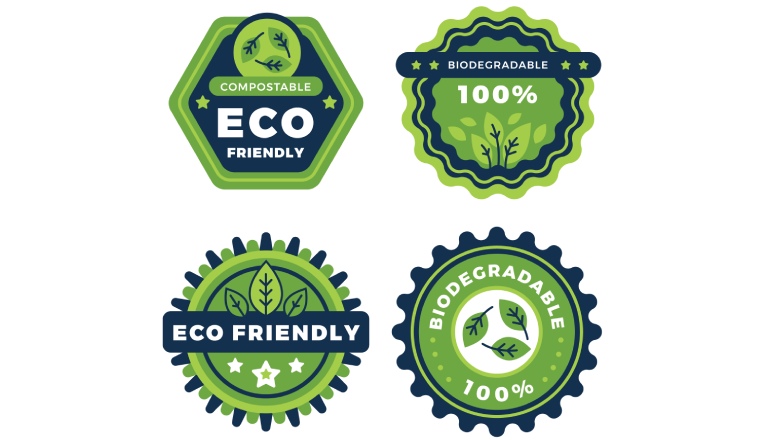In this post, I want to discuss three distinct topics today.
The first, which I would describe as a significant step that might have been lost in other developments and escaped your notice, was the modification of the Eco Mark regulations. Second, the government of Maharashtra has taken action to stop plastics from entering the ocean, and third is the rise in temperature. You may wonder what these have in common: fighting climate change and stepping up sustainability initiatives.
The Eco Mark Rules, 2024, which specify requirements for labeling environmentally friendly products and replace the Eco Mark scheme of 1991, were announced on October 1 by the Ministry of Environment, Forests, and Climate Change (MoEFCC).
This is definitely consistent with the nation’s dedication to environmental preservation and protection. This will fall under the Lifestyle for Environment (LiFE) program that was unveiled in the most recent budget. LiFE aims to prevent inaccurate information about a product’s environmental friendliness and to promote energy savings, resource efficiency and conservation, and a circular economy.
Highlights:
A product will receive an Eco Mark if it meets certain criteria regarding:
a) the manufacturing process
b) the raw material source
c) the use of natural resources
d) the environmental impact; etc.
It also factored in the critical issue of waste — by including the criteria of minimizing or eliminating the generation of waste and environmental emissions. Encourages reducing the use of non-renewable resources. Advocates the use of renewable energy sources for production. Avoid/reduce the use of materials that have adverse impacts on the environment and encourage the use of recyclable or is made from recycled material or both.
The goal of the new scheme is to increase consumer awareness of environmentally friendly products, which was lacking in the past.
How to apply?
Through the Central Pollution Control Board, any company can voluntarily apply for Eco Mark (CPCB). The product may be granted Eco Mark by CPCB once it has verified and confirmed that it complies with the requirements.
If the provided information is later determined to be untrue, CPCB has the authority to revoke or suspend the certification.
For the effective implementation of the same, as per the notification, there will be a Steering Committee with members of multiple ministries.
Benefits:
This could be seen as a move to:
a) Encourage manufacturers to adopt sustainable production practices
b) Implement a circular economy
c) Resource efficiency
d) Respond to greenwashing with accurate Labelling
e) Consistent with India’s SDG commitments
In a separate development, environmental organizations and Maharashtra Pollution Control Board have reached an agreement to find a solution to stop plastic waste from entering the sea along Mumbai’s coast. The concerned organizations will figure out ways to stop plastic pollution before it reaches the ocean.
The third update is about IMD observations about Mumbai The city is experiencing oscillating temperatures. The increase in temperature signals the arrival of October heat. The mention of an increase in the average temperature during the day and at night is what drew my attention. On the one hand, the IMD data indicates a rise in daytime temperatures of 3.3 degrees Celsius and night-time temperatures of 4.1 degrees. On the other hand, the island city and the surrounding districts are under a yellow alert due to thunderstorms.
I want to conclude by stating that that you and I will be greatly impacted by the unavoidable effects of climate change, but we can join the fight by embracing Eco Mark products and promoting sustainable living.

